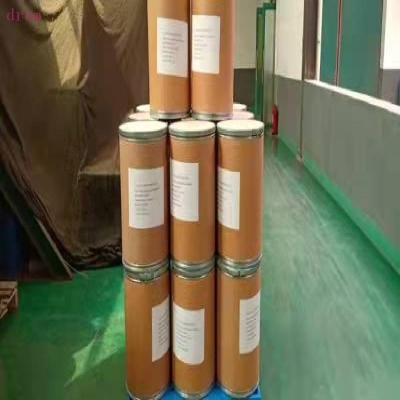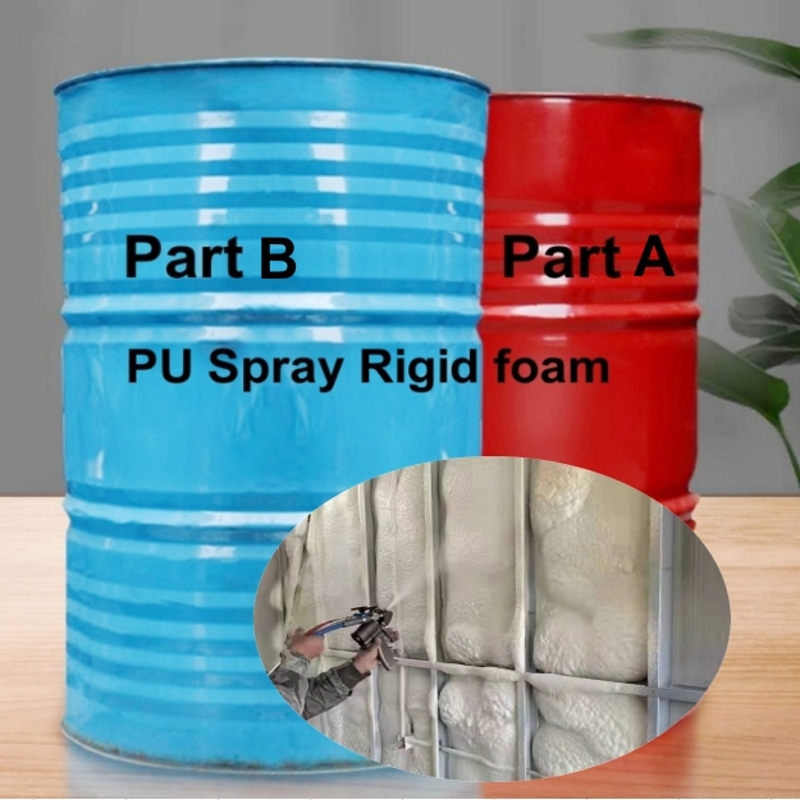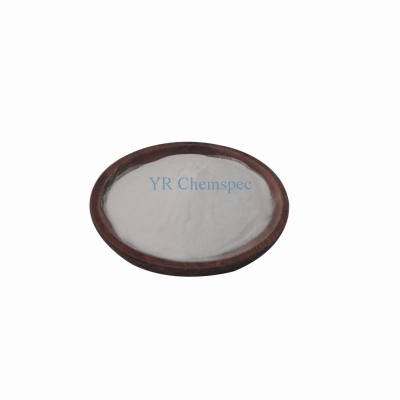-
Categories
-
Pharmaceutical Intermediates
-
Active Pharmaceutical Ingredients
-
Food Additives
- Industrial Coatings
- Agrochemicals
- Dyes and Pigments
- Surfactant
- Flavors and Fragrances
- Chemical Reagents
- Catalyst and Auxiliary
- Natural Products
- Inorganic Chemistry
-
Organic Chemistry
-
Biochemical Engineering
- Analytical Chemistry
- Cosmetic Ingredient
-
Pharmaceutical Intermediates
Promotion
ECHEMI Mall
Wholesale
Weekly Price
Exhibition
News
-
Trade Service
A few days ago, the German energy company EWE announced that the project to build the world's largest flow battery using underground salt caverns in northwest Germany has progressed, and a polymer developed by researchers has passed preliminary tests
.
It is reported that the power storage system of the flow battery generally contains two reservoirs, which contain two different electrolytes
.
The connection between them is the power generation area, where the two electrolytes will exchange ions through a thin film to realize the storage and release
of electrical energy.
The larger the reservoir, the more
electrical energy is stored.
But the project also faced some technical problems
.
For example, the common electrolyte in flow batteries is made of metal vanadium dissolved in sulfuric acid, which is more polluting to the environment
.
EWE said at a press conference in Berlin that researchers at the University of Jena have successfully developed a polymer that can be used as an electrolyte in salt water to meet environmental protection requirements, and this polymer has passed preliminary tests
.
Project leader Ralf Rieckenberg said this shows that the salt cell project is a big step towards the goal of creating the world's largest battery, but more testing is still needed, and the salt flow battery system is expected to be operational
by the end of 2023.
A few days ago, the German energy company EWE announced that the project to build the world's largest flow battery using underground salt caverns in northwest Germany has progressed, and a polymer developed by researchers has passed preliminary tests
.
It is reported that the power storage system of the flow battery generally contains two reservoirs, which contain two different electrolytes
.
The connection between them is the power generation area, where the two electrolytes will exchange ions through a thin film to realize the storage and release
of electrical energy.
The larger the reservoir, the more
electrical energy is stored.
But the project also faced some technical problems
.
For example, the common electrolyte in flow batteries is made of metal vanadium dissolved in sulfuric acid, which is more polluting to the environment
.
EWE said at a press conference in Berlin that researchers at the University of Jena have successfully developed a polymer that can be used as an electrolyte in salt water to meet environmental protection requirements, and this polymer has passed preliminary tests
.
Project leader Ralf Rieckenberg said this shows that the salt cell project is a big step towards the goal of creating the world's largest battery, but more testing is still needed, and the salt flow battery system is expected to be operational
by the end of 2023.







